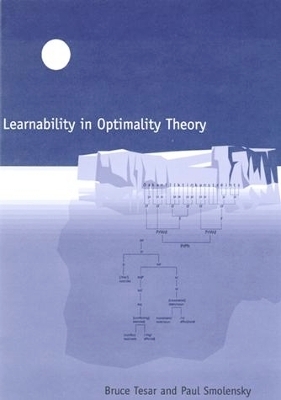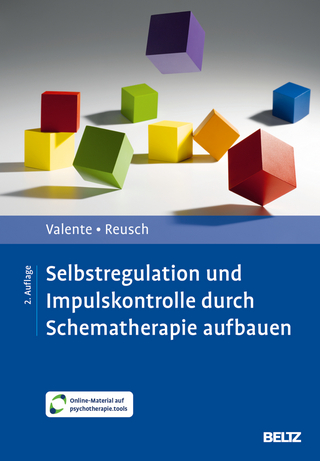
Learnability in Optimality Theory
Seiten
2000
MIT Press (Verlag)
978-0-262-20126-1 (ISBN)
MIT Press (Verlag)
978-0-262-20126-1 (ISBN)
- Keine Verlagsinformationen verfügbar
- Artikel merken
Highlighting the close relationship between linguistic explanation and learnability, Bruce Tesar and Paul Smolensky examine the implications of Optimality Theory (OT) for language learnability.
Highlighting the close relationship between linguistic explanation and learnability, Bruce Tesar and Paul Smolensky examine the implications of Optimality Theory (OT) for language learnability. They show how the core principles of OT lead to the learning principle of constraint demotion, the basis for a family of algorithms that infer constraint rankings from linguistic forms.
Of primary concern to the authors are the ambiguity of the data received by the learner and the resulting interdependence of the core grammar and the structural analysis of overt linguistic forms. The authors argue that iterative approaches to interdependencies, inspired by work in statistical learning theory, can be successfully adapted to address the interdependencies of language learning. Both OT and Constraint Demotion play critical roles in their adaptation. The authors support their findings both formally and through simulations. They also illustrate how their approach could be extended to other language learning issues, including subset relations and the learning of phonological underlying forms.
Highlighting the close relationship between linguistic explanation and learnability, Bruce Tesar and Paul Smolensky examine the implications of Optimality Theory (OT) for language learnability. They show how the core principles of OT lead to the learning principle of constraint demotion, the basis for a family of algorithms that infer constraint rankings from linguistic forms.
Of primary concern to the authors are the ambiguity of the data received by the learner and the resulting interdependence of the core grammar and the structural analysis of overt linguistic forms. The authors argue that iterative approaches to interdependencies, inspired by work in statistical learning theory, can be successfully adapted to address the interdependencies of language learning. Both OT and Constraint Demotion play critical roles in their adaptation. The authors support their findings both formally and through simulations. They also illustrate how their approach could be extended to other language learning issues, including subset relations and the learning of phonological underlying forms.
Bruce Tesar is Professor in the Department of Linguistics/Center for Cognitive Science at Rutgers University. Paul Smolensky is Professor of Cognitive Science at Johns Hopkins University. He was a leading member of the PDP connectionist research group, and is the recipient of the 2005 David E. Rumelhart Prize in Cognitive Science, which is awarded annually to an individual or collaborative team making a significant contribution to the formal analysis of human cognition.
| Reihe/Serie | The MIT Press |
|---|---|
| Verlagsort | Cambridge, Mass. |
| Sprache | englisch |
| Maße | 155 x 231 mm |
| Gewicht | 363 g |
| Themenwelt | Geisteswissenschaften ► Psychologie ► Verhaltenstherapie |
| Geisteswissenschaften ► Sprach- / Literaturwissenschaft ► Sprachwissenschaft | |
| ISBN-10 | 0-262-20126-7 / 0262201267 |
| ISBN-13 | 978-0-262-20126-1 / 9780262201261 |
| Zustand | Neuware |
| Informationen gemäß Produktsicherheitsverordnung (GPSR) | |
| Haben Sie eine Frage zum Produkt? |
Mehr entdecken
aus dem Bereich
aus dem Bereich
Buch (2024)
Beltz (Verlag)
CHF 53,20
Akzeptanz- und Commitment-Therapie für Gruppen
Buch | Softcover (2021)
Klett-Cotta (Verlag)
CHF 48,95


